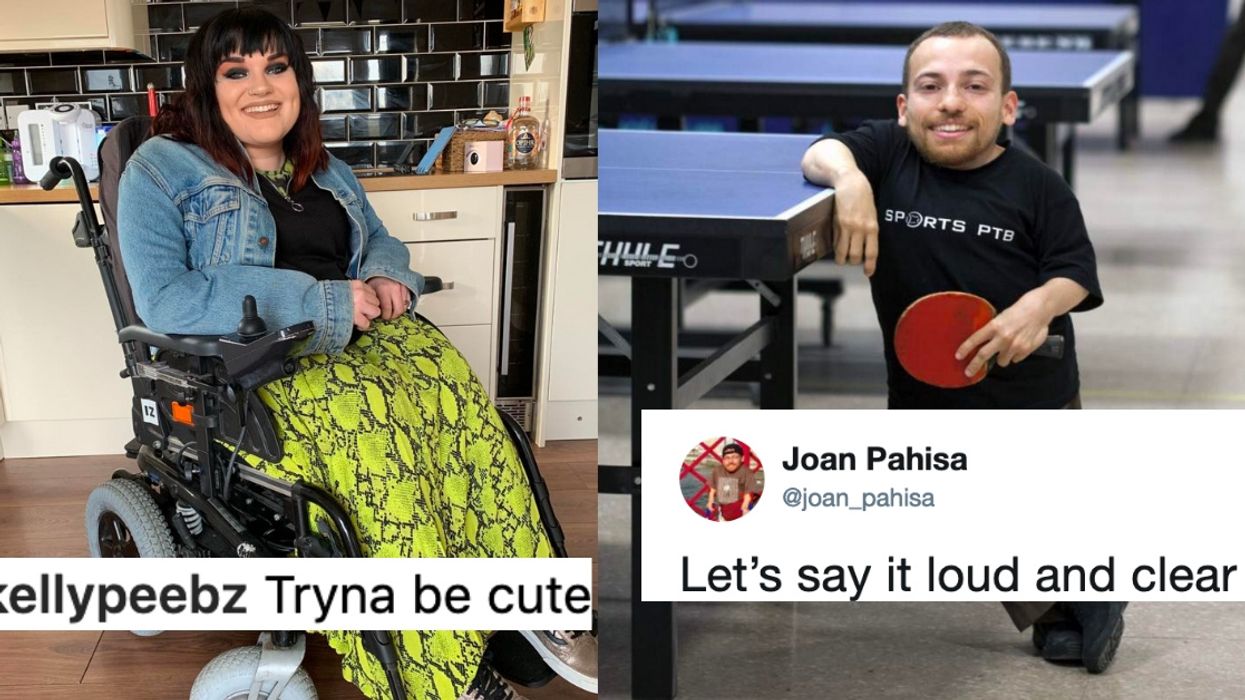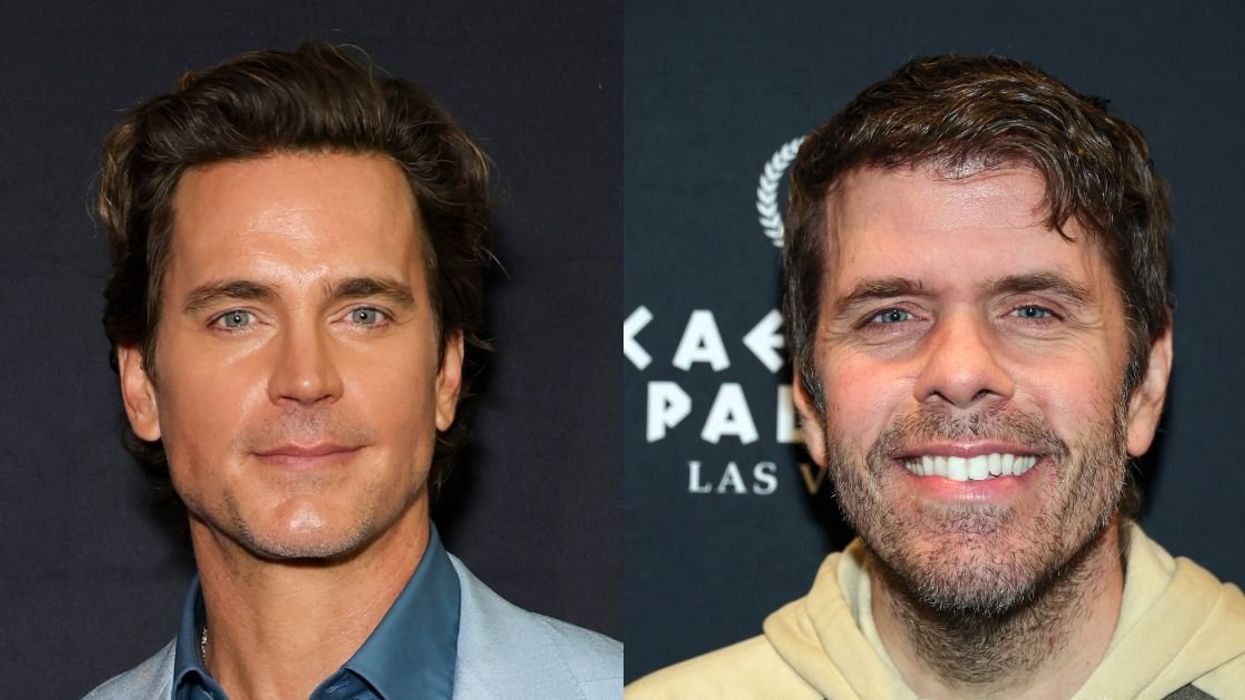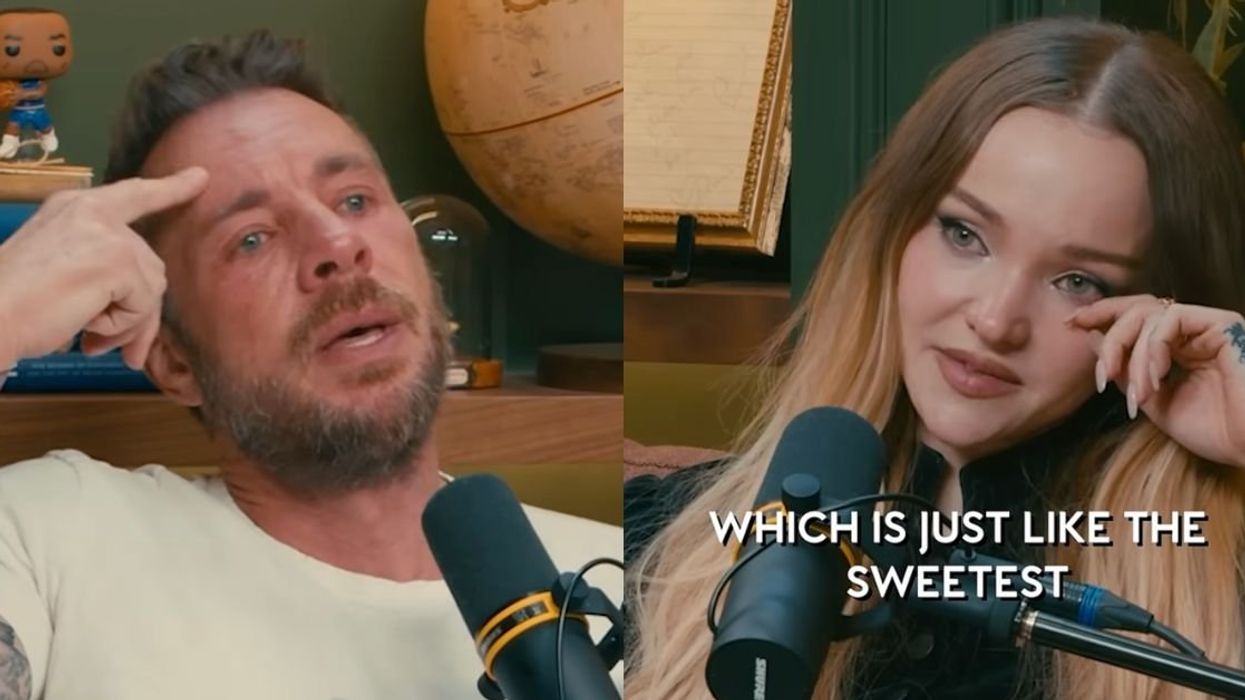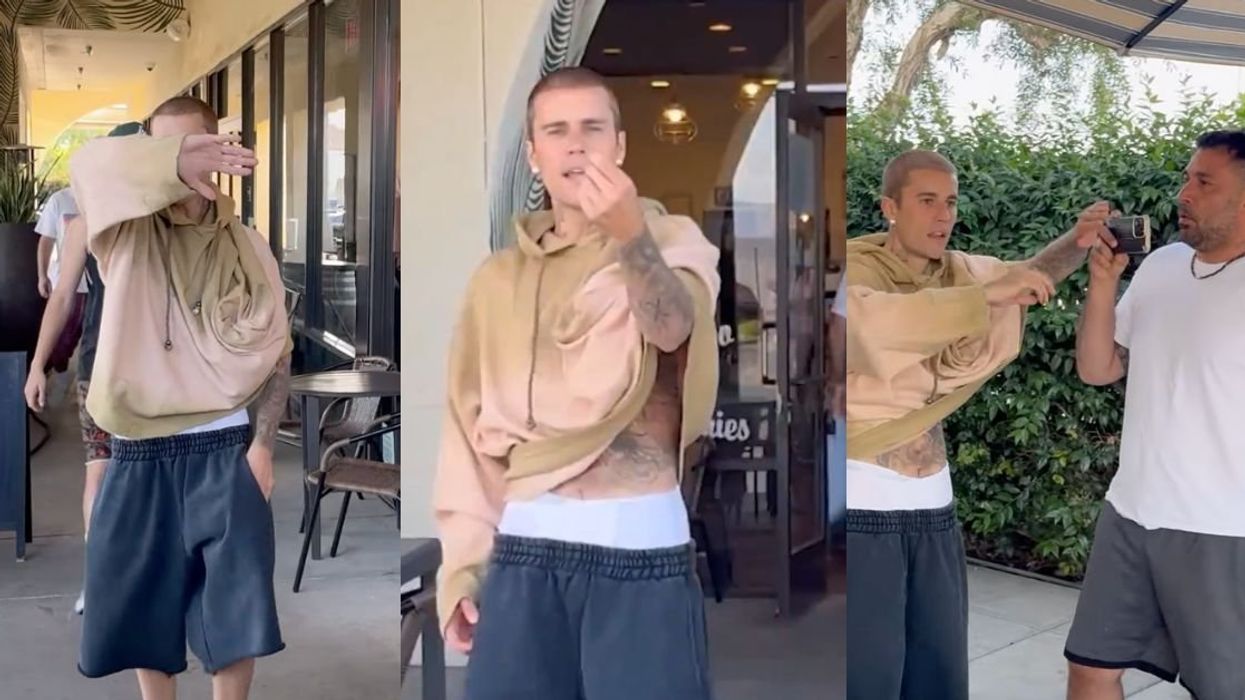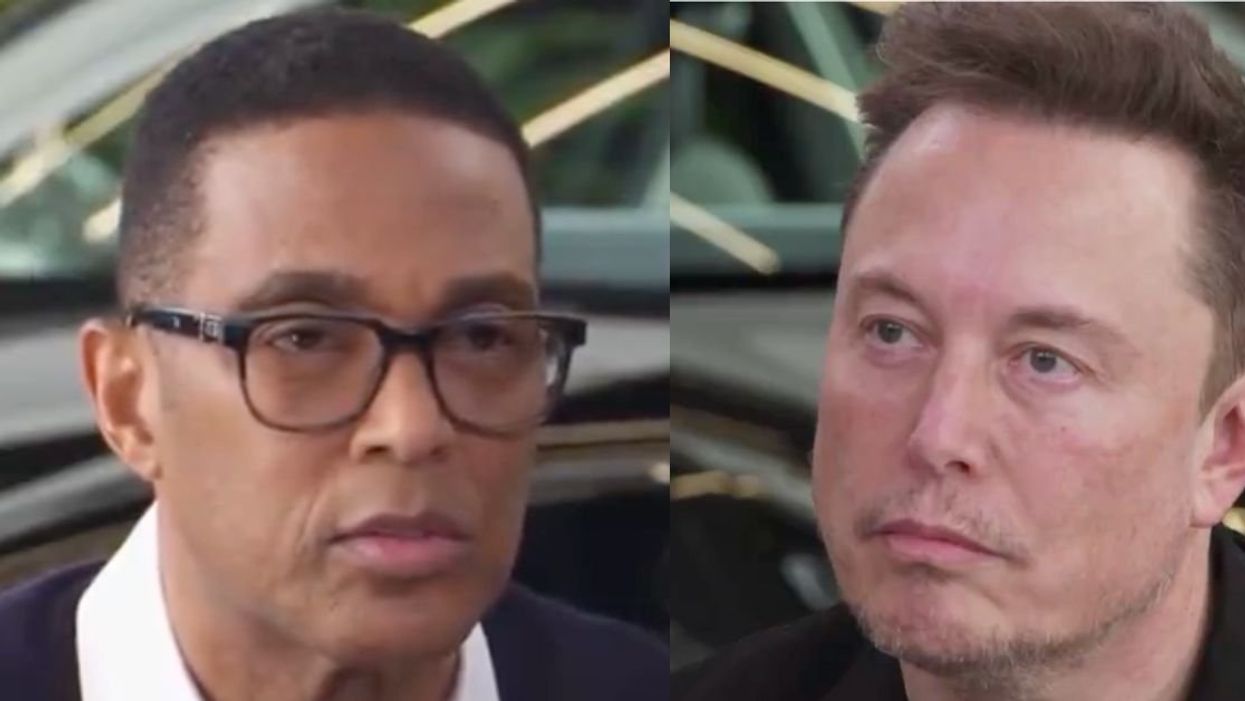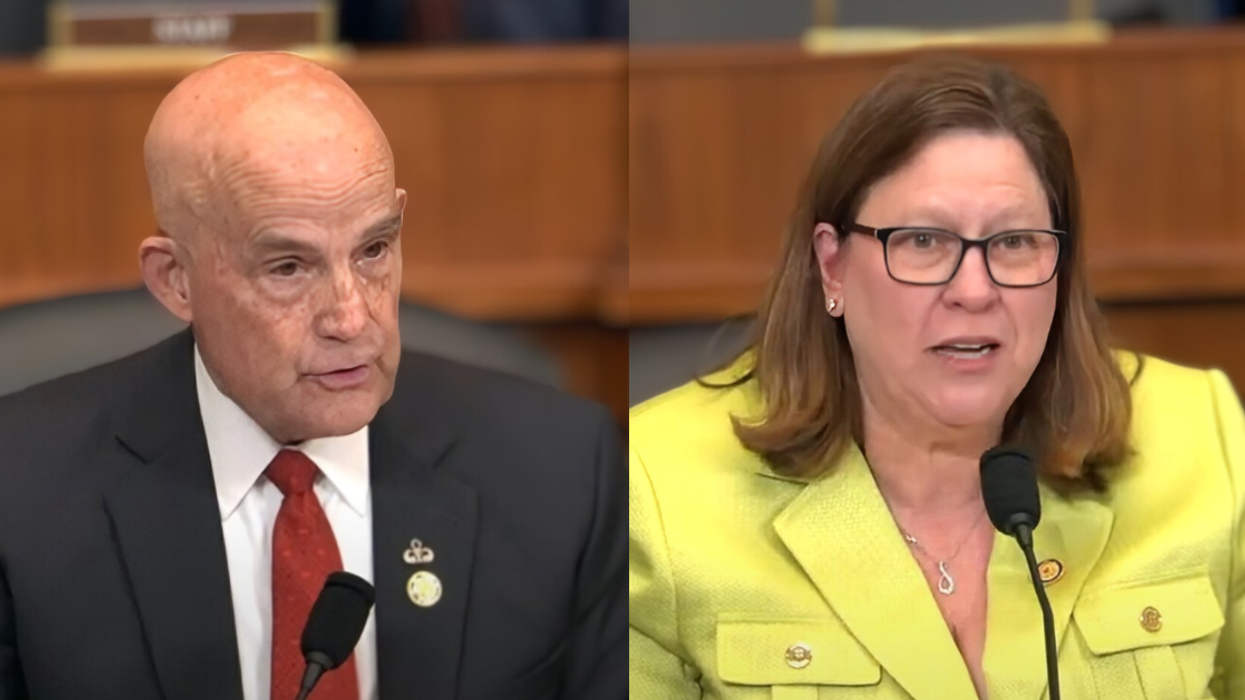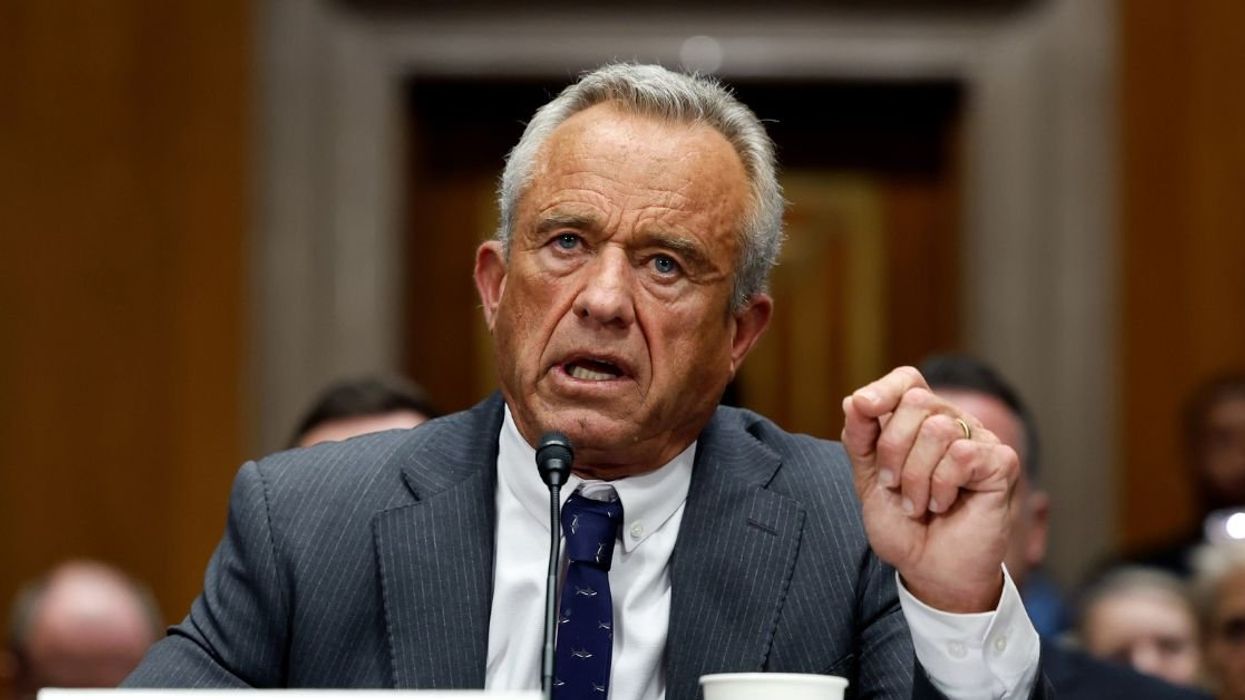Andrew Gurza is a 34-year-old with cerebral palsy who advocates for people with disabilities.
He's also proving that disabled people have just about as much sex appeal as able-bodied people and aims to remove the stigma surrounding sexuality.
In order to achieve this, he came up with the empowering hashtag, #DisabledPeopleAreHot, after scrolling through his Twitter feed and realizing the phrase hadn't existed. He was ready to change that.
Gurza gave rise to a powerful movement in which people with varied forms of physical limitations invoked the hashtag and proudly embraced their hotness by sharing photos of themselves.
He was moved by the flood of responses from a marginalized population.
An emotional Gurza said in a Now or Never interview:
"It's actually made me tear up with joy just seeing how many people have jumped on this tag and have sent me emails saying: 'This tag means so much to me. This tag changed my day and made me smile today. Thank you.'"
Gurza told the Huffington Post that he hopes able-bodied people can get past their own biases when encountering someone with a disability.
"I think people with disabilities want a place to feel sexy, sensual and fun," he said about the popularity and importance of his virals hashtag.
"You know, the hashtag is more than just about hotness ― it's really saying, 'Be disabled and be proud.'"
"We need hashtags like this one and the one Keah Brown created a few years ago [#DisabledAndCute] because they shine visibility on a community [most people] would rather ignore."
"If we're honest ― if able-bodied people were really honest ― they have ableism and they are really stuck in that, so they don't really think about disabilities."
HuffPo asked for examples of the kinds of stigmas he's faced.
"That I don't have sex. That I'm not sexual. That I can't get hard, so, therefore, I can't get laid."
One group of people was particularly harsh.
"The gay community is really prejudiced toward me, too, and it's really tough for me to break out and say, "I'm a guy just like you and I want to do all the things you're doing."
He combated the hatred by "being more queer, more outlandish."
"I lean into it way more when that happens, because it's like, "Fuck you, this is who I am. If you can't deal with it then get out."
Some members of the gay community fetishize his disability, and although playing into those desires can be seen as unhealthy, Gurza doesn't mind.
"I have a really interesting relationship with being fetishized, [but] I think it can be really positive if you harness it from a place of agency," he told Them.
But he warned against its drawbacks.
"If you as the oppressed group say, 'I'm going to use this word, or this language or this identity for myself,' fetishization can be really powerful. But if you let somebody who has no idea about your experience do that to you, then it can be very, dangerous and very divisive."
Gurza wants people to understand that despite its complications, his sex life is great especially after having worked with sex workers.
He continued in his HuffPo interview:
"I just finished a [still-unpublished personal essay] for HuffPost about how I primarily work with sex workers to have sex, and honestly, those relationships have saved my life."
"When you're hiring and working with someone you can build a relationship with inset boundaries, there's no drama, it's really cut and dry. I love the fact that I can have sex with sex workers and people who are not sex workers, but I love the agency that my disability has forced me to have over my sex."
HuffPo asked how the hashtag met his overarching goal in achieving visibility, and it all boils down to complete transparency.
"The overarching response to my work is that people want and need someone who is going to frankly talk to them about the intersection between queerness, disability and sexuality without sugarcoating it."
"I think what happens when you sugarcoat stuff is that you don't let people's prejudices come out; the more you let people confront their own ableism ― that's how we create change."
So what does he hope people realize when seeing the hashtag #DisabledPeopleAreHot?
"That disabled people are hot. That's it. I want people to see this hashtag and smile, but it has two purposes. One is for disabled people to see themselves in sexual situations, feeling good about themselves. And the other is for non-disabled people to see us, period."
"To realize we are nuanced and complicated and intricate people with a lot of stuff going on but here we are enjoying ourselves as disabled people."
"We're proud of that. A lot of times in disability politics, people say 'Oh, you should see the person first, not the disability.' And I basically say fuck that. Why can't you see a disabled person? That's what this hashtag is really trying to do."
He hopes to ally with the queer community and team up with organizations to host events and fight ableism through open conversations. And if you need a guide read "The Ultimate Guide to Sex and Disability: For All of Us Who Live with Disabilities, Chronic Pain, and Illness."
In the meantime, the hashtag continues to gain momentum as an oft-neglected demographic wants you to know that they are all beautiful and sexy.
Andrew, you're an inspiration.

